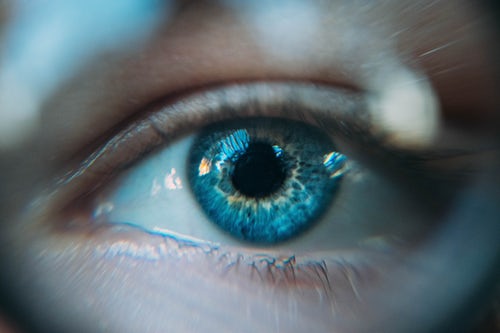
The Role Of Reflection In Learning
Reflection is a powerful tool that can be used in any learning process. It involves taking the time to think about what you have learned and how it can be applied to future experiences. It is a key component of learning because it helps to deepen understanding, promote self-awareness, and form connections between new and existing knowledge.
Self-Examination
Reflection engages the learner in meaningful self-examination. When used as part of the learning process, it can help the learner to think critically about what they have learned and how it can be applied to future situations. In this way, they can come to a better understanding of the material they are studying and how it can be used to their advantage.
Reflection is extremely useful for learners in assessing their progress and identifying areas that need improvement. By looking back over their work, students can recognise what they have done well and what needs to be improved. This enables them to take proactive steps to make the necessary changes to their approach. It means learners will develop a greater awareness of their strengths and weaknesses, and recognise their areas of growth.
Reflection, Awareness, Connection And Understanding
Reflection promotes self-awareness, which is essential for successful learning. By taking the time to reflect on what they have learned, the student can gain insight into their own strengths and weaknesses. This will help them identify which areas they can improve, recognise their achievements and ultimately provide a greater sense of confidence in their own abilities. This confidence will, in turn, give a greater sense of pride in their work. Having this will serve as motivation to continue learning to the best of their ability.
Reflection is also important in developing empathy and understanding. When reflecting on their work, students can consider the perspectives of others and gain insight into the experiences of those around them. This can help to foster an environment of understanding and cooperation.
Finally, this method helps to form connections between new and existing knowledge. By reflecting on what has been learned, the student can make the necessary connections between different pieces of information and gain a better understanding how they all fit together. This helps create a more cohesive understanding of the material they are studying and make it easier to recall and apply in future situations, such as an exam.
By taking the time to look back at what has been learned, you can gain deeper understanding, improved self-awareness, and create connections between different pieces of knowledge. Reflection is therefore an important tool for any learner and should not be overlooked.